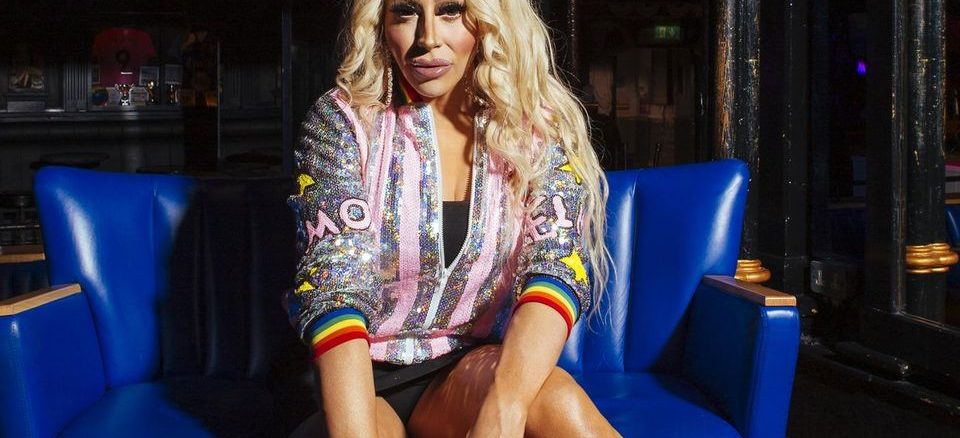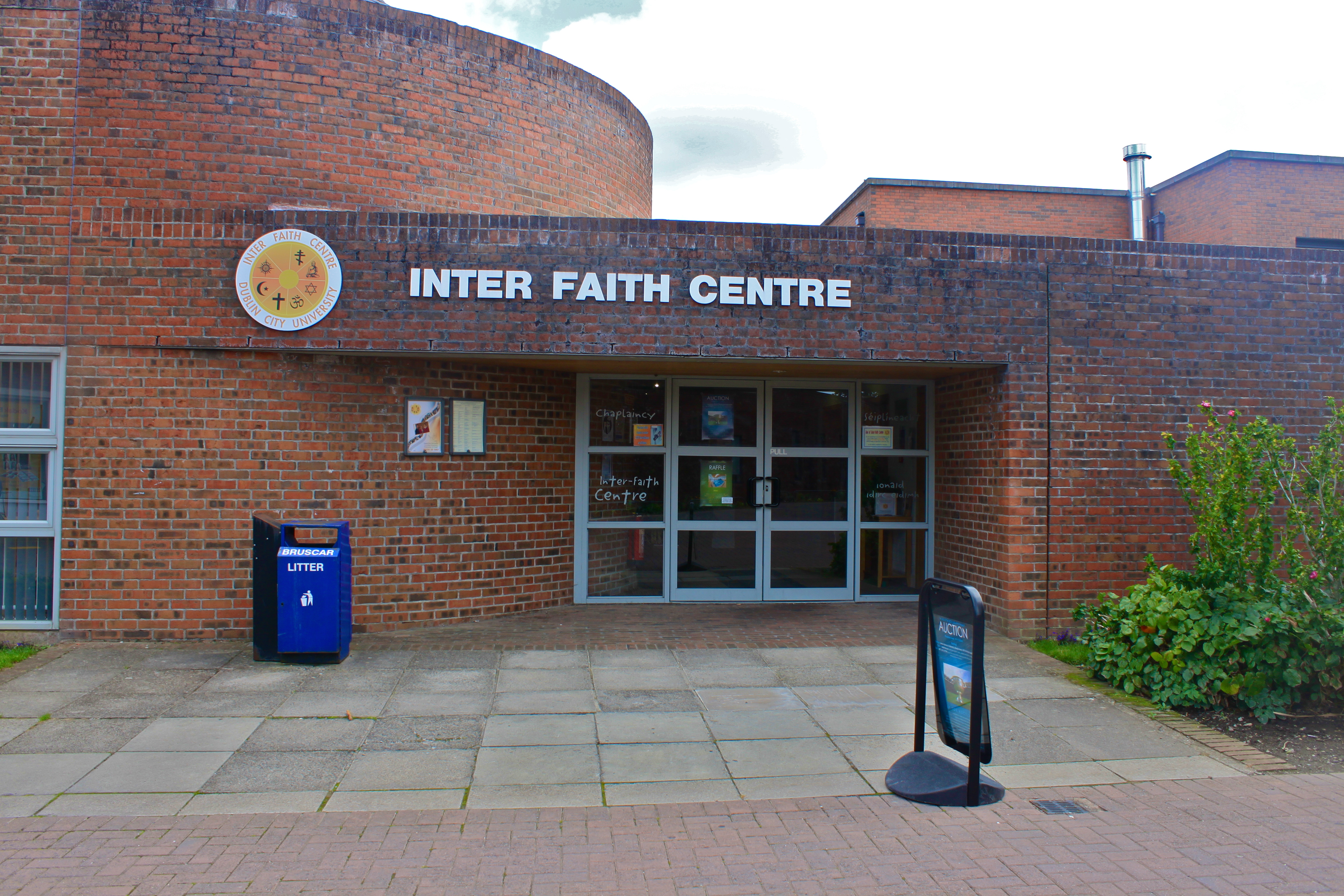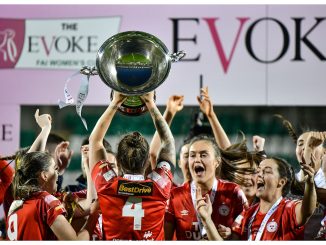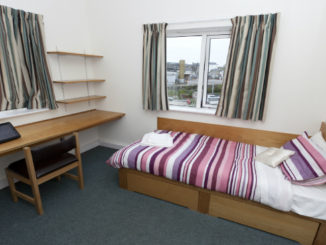
A staple of the Dublin drag scene, Davina Devine, has been performing for over twenty years. Both in Ireland and internationally. A headline artist at Dublin’s flagship LGBTQI+ venue ‘The George,’ and star of ‘Tinderella’ playing at the 3 Olympia Theatre in December. We sat down to discuss her long career and the importance of continued support for the LGBTQI+ community.
“You can ask me anything,” she says, and I am immediately struck by her openness and warm nature. A regular headliner at The George, the longest-standing gay bar in central Dublin, for over a decade. “I was just kind of doing it more for fun,” she says, speaking of the start of her drag career over 20 years ago at age 19.
Despite the high-profile status, she says she is unrecognizable out of drag: “It’s like a Bruce Wayne vibe, I feel like I have separate lives, and I like it that way.”
Drag performing has become an increasingly popular form of entertainment, and not just for the LGBTQI+ community. For Devine, many changes in the past decades are obvious. The audiences coming to see her and other drag performers have become more mixed.
She sees more tourists at her shows, more girls, which she credits to gay venues being seen as safe spaces.
She recognizes that not all members of the community may be happy with this development. “There are some people in the community…[who] feel like this is our space and it’s been invaded. Whereas I’m of the mindset equality means equality, let everyone share the joy.” She does have some complaints though, one being the “quick fix culture” people might have.
“I feel like we all dress up in some form or another to present ourselves to the world, and it’s about having fun, it’s about creating a character, creating a vibe, and that is genderless.”
Devine’s act has changed significantly over the years, and during our conversation she expressed a deep appreciation of drag as an art form: “It’s limitless and you can kind of create as you go.” Recent years have also seen the rise of new artists employing such as Chappell Roan. This has prompted some to question who drag is for. Devine doesn’t see drag as being limited to any certain demographic: “…drag is about dressing up and expressing yourself…” It is also, according to her, something you have to be good at.
Devine has witnessed the development of LGBTQI+ rights in Ireland during the past 20 years. She is cautious of becoming too lax in supporting minorities.
To her, the recent far-right protests and increasing intimidation of minorities illustrate how fragile achievements in minority rights may be. This doesn’t get her down though; “I always try to remind myself that the majority of people want equality in their lives.” She does admit the need for thick skin, especially in an age of social media, where nameless and faceless individuals can attack online.
She sees Twitter in particular as having become “an absolute cesspit,” worsening since Elon Musk’s takeover in late 2022. “It’s become particularly nasty, not just for LGBTQ people” she says, as minorities have become targets of online abuse, along with anyone who supports them.
As a protection against overreliance on such platforms, she emphasizes the ability to remove herself from social media: “I know that there’s life after social media. It’s not my be all and end all.”
“When you walk into a room in drag, you evoke so many emotions. You are constantly handling a room full of feelings. Not everyone is going to be your biggest fan, but that’s just part of the job.”
Davina Devine credits drag with having given her many amazing opportunities and experiences.
From meeting members of gender minorities and expanding her worldview 20 years ago to having Sporty Spice perform at her 20th anniversary of drag. Even with the difficulty of dealing with online abuse and rising anti-minority rhetoric, she remains optimistic about the future of drag, in whichever way it may evolve.
“Change is always good. I think staying the same can be a bit stagnant. I’m just glad people are enjoying it.”



